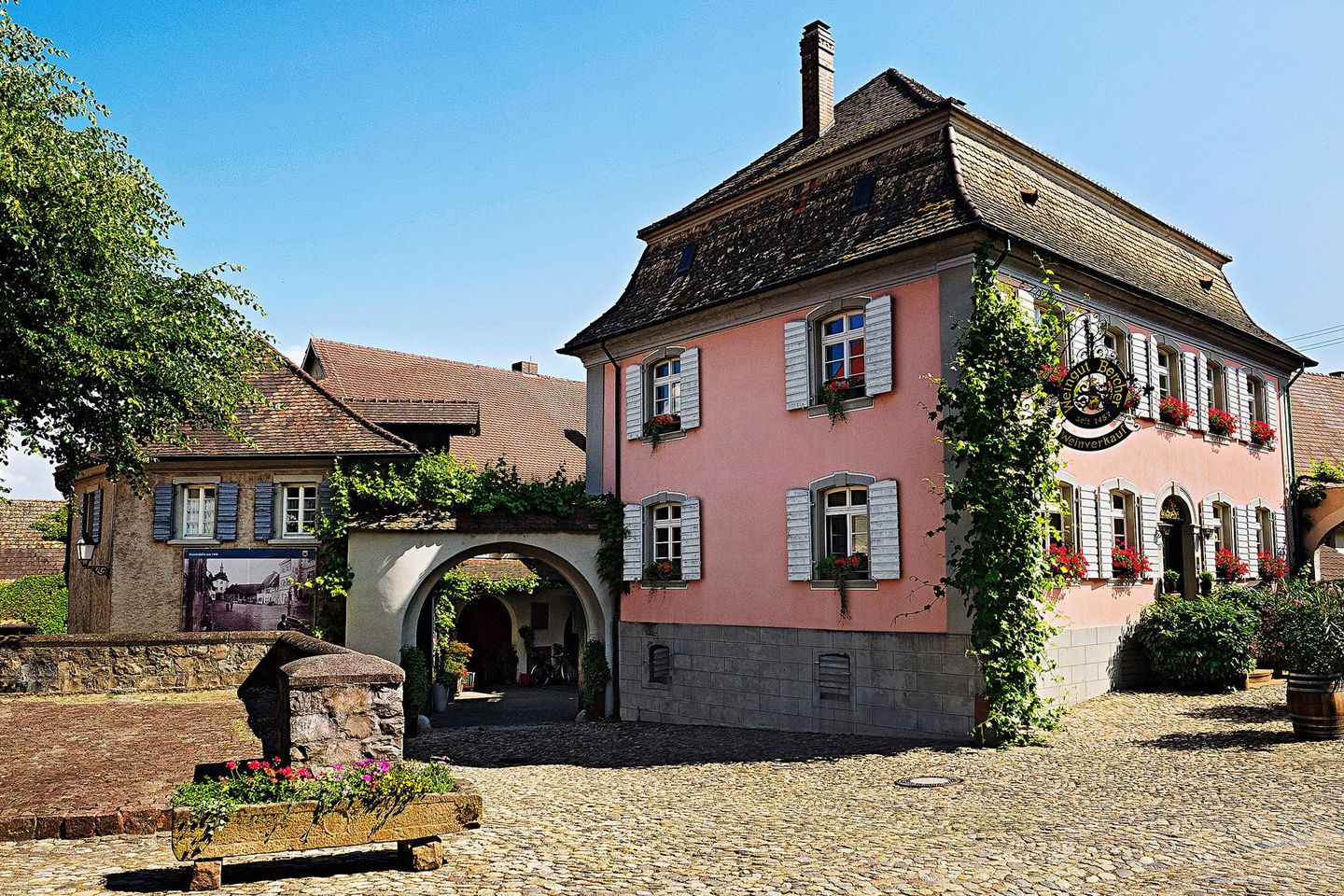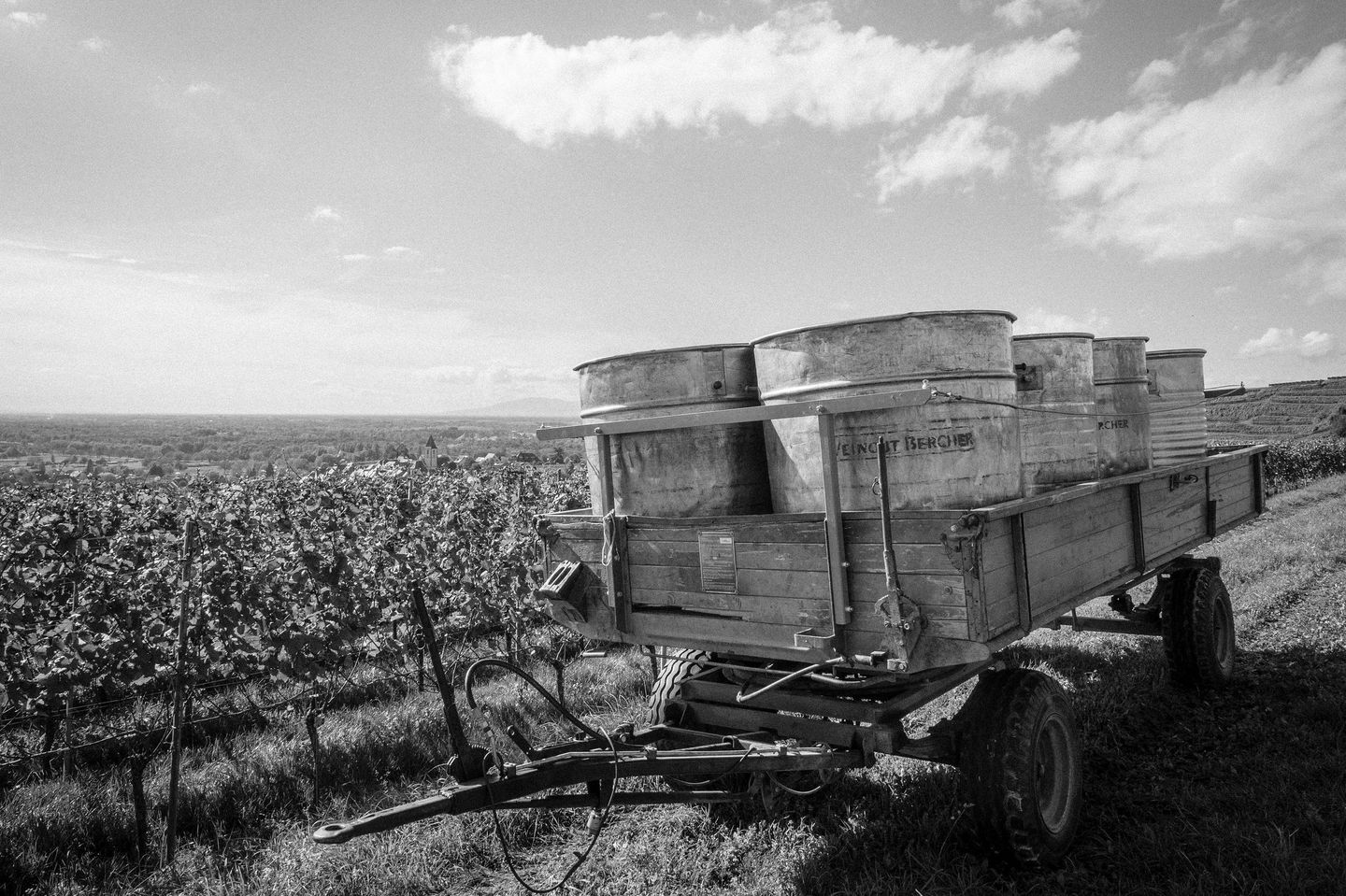"THE WESTERN EMPEROR'S CHAIR HAS THE VOLCANIC SOILS TO WHICH OUR VINEYARD OWES ITS TOP LOCATIONS."
ARNE AND MARTIN BERCHER ON THEIR WINES AND WINERY IN BURKHEIM
Bercher
Mittelstadt 13
79235 Burkheim/Kaiserstuhl
| Phone | +49 (0)7662/212 |
|---|---|
| Fax | +49 (0)7662/8279 |
| info@weingutbercher.de |
Office Hours
Mo-Sa 9.00-11.30, 13.30-17.00Owner
Arne & Martin Bercher
Cellarmaster
Arne Bercher
Member Since
1990
Wine Area
26,00 acres
Grape Variety
40% Spätburgunder, 23% Grauburgunder, 17% Weissburgunder sowie Chardonnay, Riesling und weitere Sorten
Geology
Vulkanverwitterung und Löss
Layers
Growing Areas
Sparkling Wine / Sekt
Memberships
- Wine in Moderation
VDP: What is so special about your winery?
Martin Bercher: Certainly the long family tradition. We are the tenth generation of winegrowers here. And the history of the Berchers can be traced back even further, to 1457 to be precise. The coat of arms you see on our labels also dates from this period. The family was then based in Switzerland, and after the Thirty Years' War they moved to Kaiserstuhl in Burkheim. Apropos Burkheim: The location of our winery in Burkheimer Mittelstadt is something I would definitely call something special. Such a well-preserved historical town centre is not very common in Germany, but the small town has remained very small and lies very picturesquely in the cultural landscape of the Kaiserstuhl. Right in the middle of the middle town is our main building, which was built in 1756. It has an imposing wooden barrel cellar with a three-volute cross vault in which we still work.
Arne Bercher: Well, and certainly the Kaiserstuhl itself must also be one of our specialities. This is truly a unique landscape, which is not only beautiful, but also has a very special climate and flora and fauna. And of course the western Kaiserstuhl has the volcanic soils to which our winery owes its top sites, the VDP.ERSTE LAGE® Burkheimer Feuerberg as well as the VDP.GROSSEN LAGEN® HASLEN and the KESSELBERG. Many who know our wines will certainly think of the Feuerberg at Bercher.
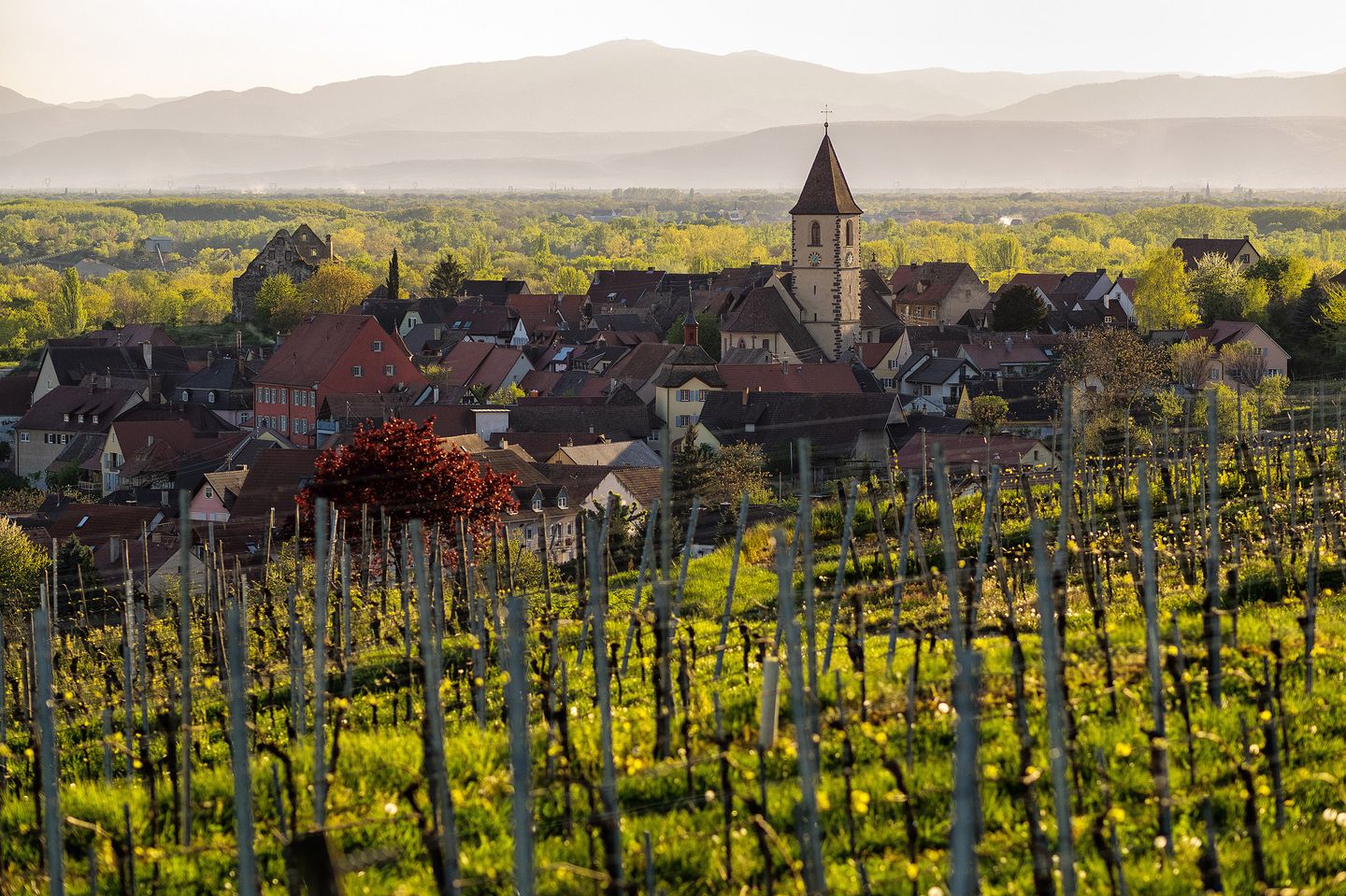
VDP: What is your winery philosophy? Which wine style do you aim for?
Martin Bercher: For us, the artisanal approach to wine making is important. To make a good wine, it takes a lot of careful manual work. To this end, we try to combine what previous generations have given us in terms of knowledge with modern technology. As a result, the wines should taste, simply put, "like Kaiserstuhl". Soil embossing therefore plays a major role. We strive for a good storability according to the classification level and always see good wines as a food companion. We therefore make sure that the wines are not too powerful, but always retain their elegance.
Arne Bercher: The drinking flow is also important, so the wine should not only impress at the first sip, but also give pleasure at the second or third glass ... I think that this style can be tasted very well from our Pinot Gris. The Pinot Gris also makes the race as our favourite grape variety.
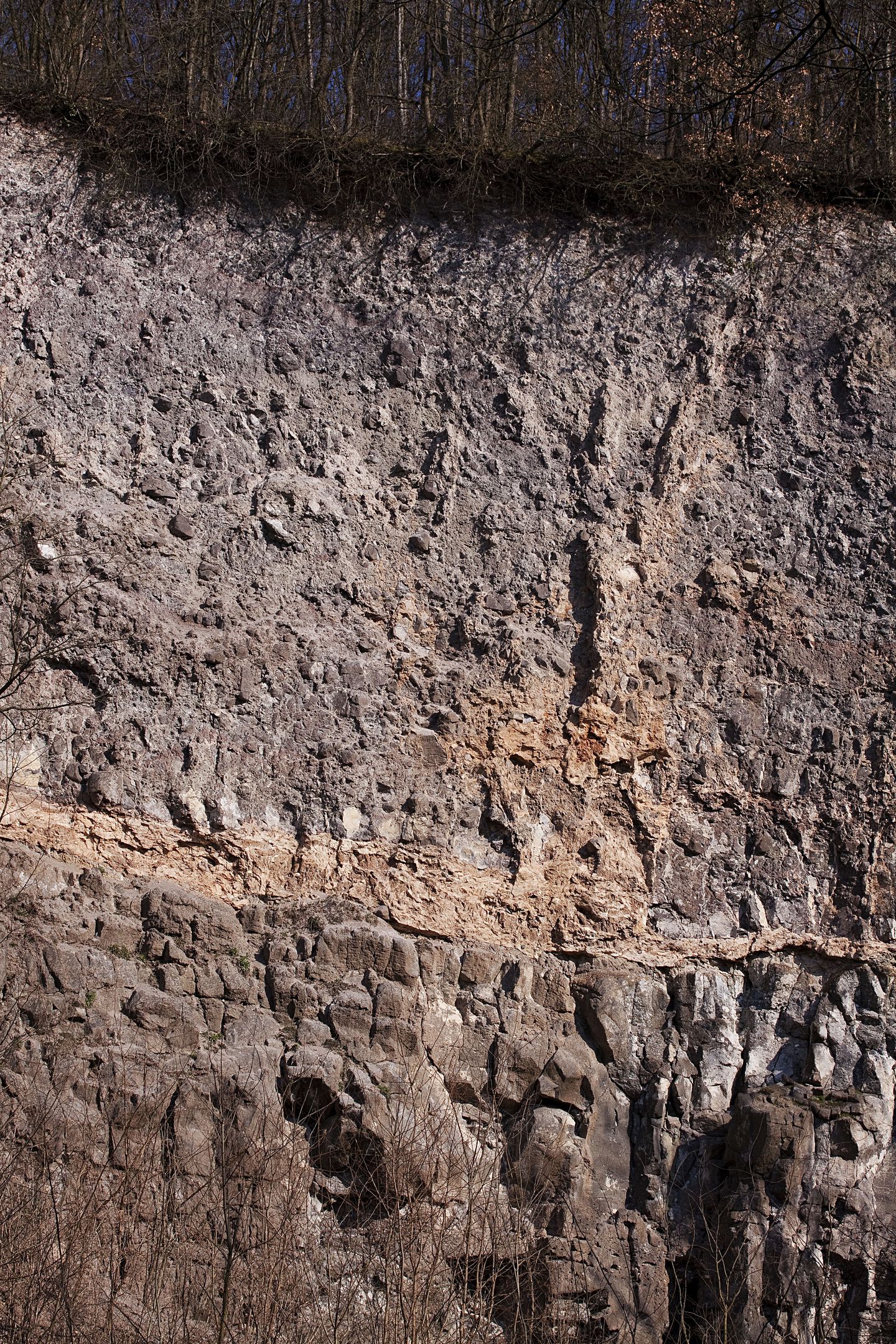
"THE FLOW OF THE DRINK IS IMPORTANT, SO THE WINE SHOULD NOT ONLY IMPRESS AT THE FIRST SIP, BUT ALSO GIVE JOY AT THE SECOND OR THIRD GLASS."
VDP: Which of your wines would you recommend to someone who does not yet know your winery - as an introduction, so to speak?
Arne Bercher: When it comes to demonstrating our basic approach with a wine, I would say: The Burkheimer Feuerberg Grauburgunder VDP.ERSTE LAGE®. For me, this is the prototype of a Pinot Gris from the volcanic weathered soil of the Kaiserstuhl.
VDP: Which wine are you particularly proud of?
Martin Bercher: Hm, good question ... This will probably be a photo finish between the HASLEN Pinot Gris GG and the KESSELBERG Pinot Noir GG. They have been fighting for first place for quite some time ...
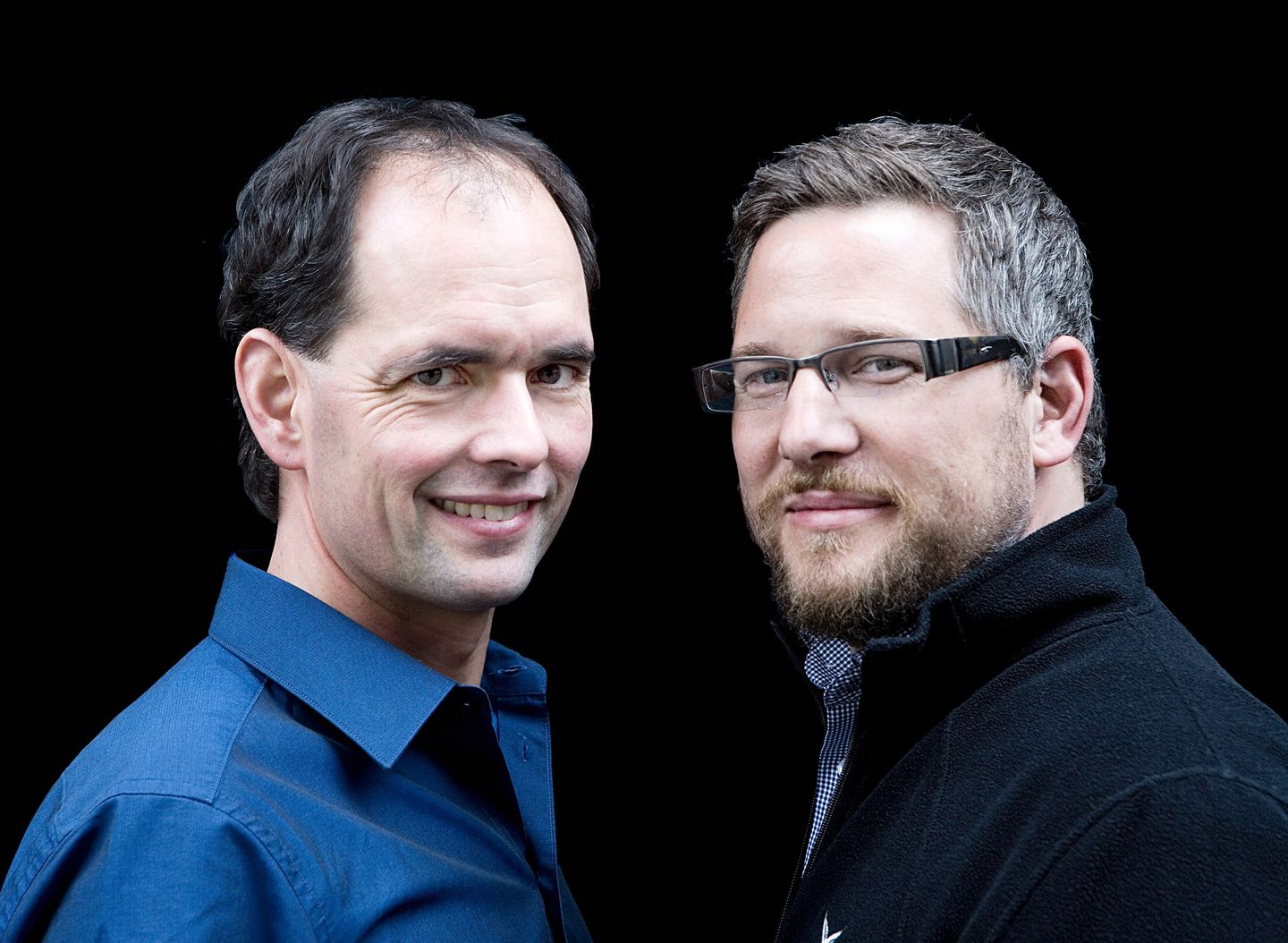
VDP: Why did you become a vintner?
Arne Bercher: The most important impulse certainly came from the generation before us, who lived the profession with passion. All energy was put into getting the best out of the vineyard and the cellar. This intensive and even successful work has already been very impressive. Of course, later there were still very important suggestions and encounters in the training companies, during studies or during stays abroad. Besides, this job is just fun. At the end of the winegrowing year there is a product that has a lot to do with the person who is responsible for it. You have the opportunity to develop your own style and perhaps also yourself, you can try out many things and are in a stimulating exchange with good colleagues.
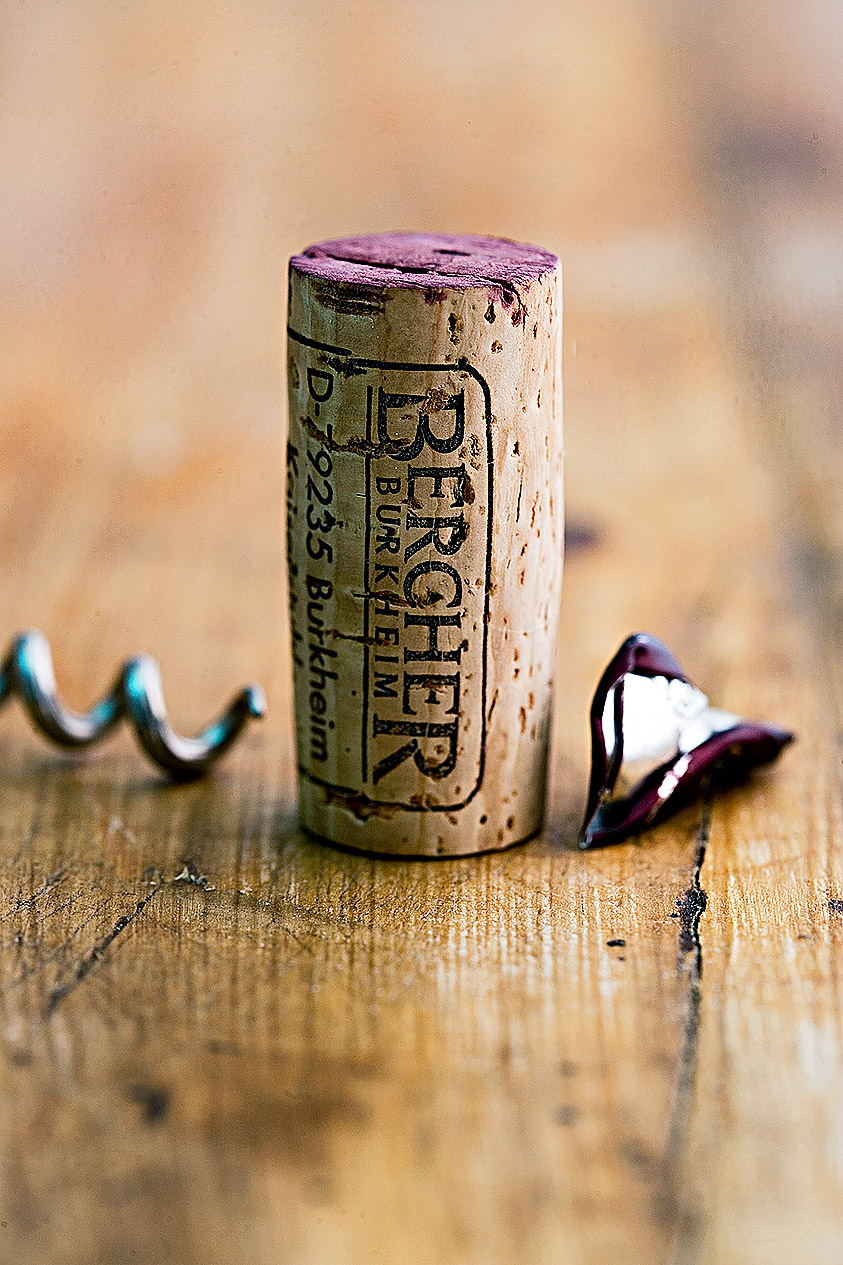
FEUERBERG HASLEN
Grauburgunder GG
VDP.GROSSE LAGE®
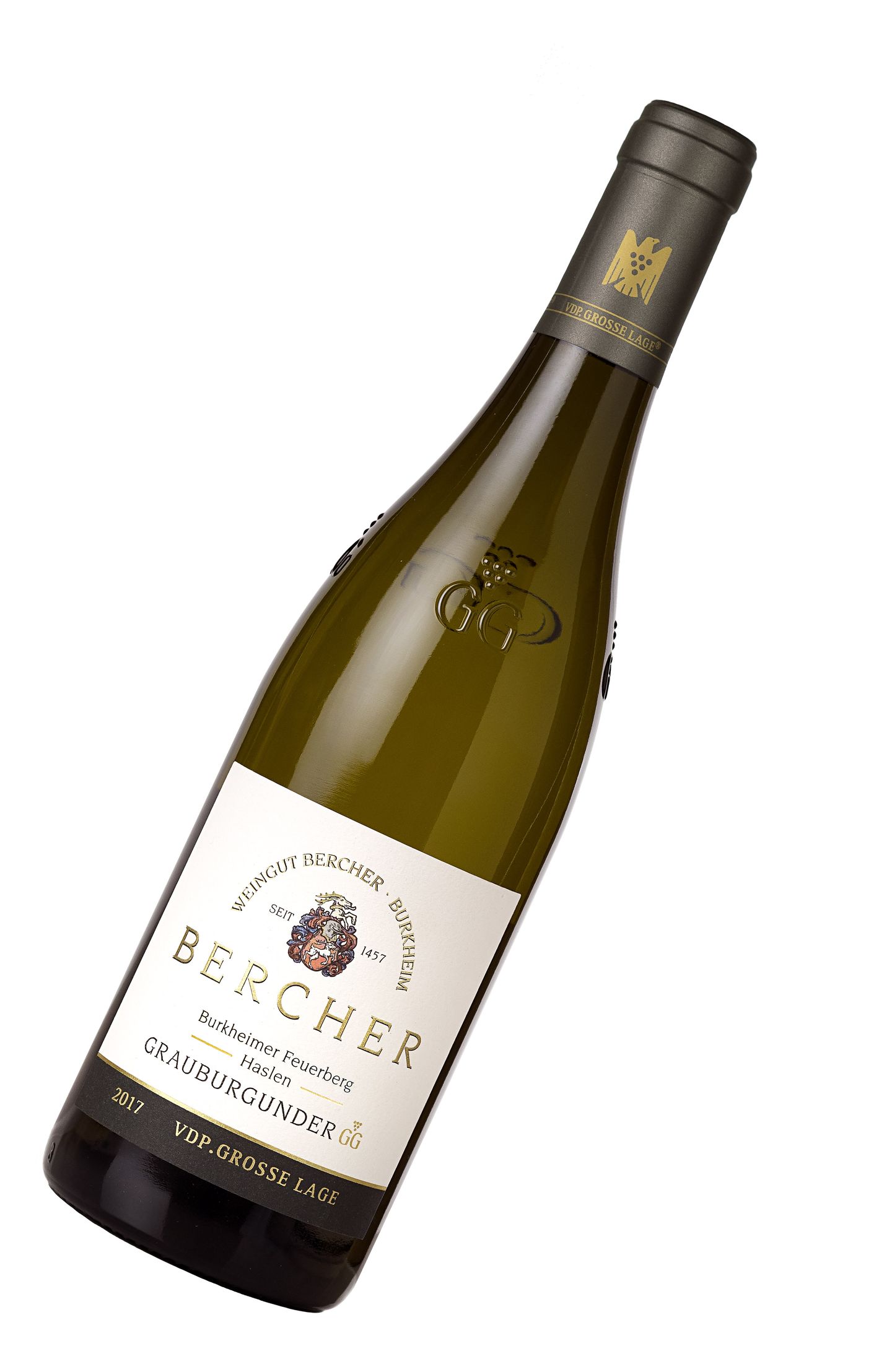
VDP: How do you combine tradition and innovation?
Martin Bercher: The old is not good simply because it is old, and the same applies to the new. A conscious cultivation of tradition can certainly protect you from simply following every new trend. This gives the work a certain stability and continuity. But of course there is nothing that cannot be improved. At the same time, change must not be made simply for the sake of change. Both tradition and innovation must therefore always be questioned anew, neither has its justification in itself. The one can thus serve as a corrective for the other, so to speak. Among the traditions worth preserving are certainly the selective hand-picking and the ageing in large wooden barrels.
